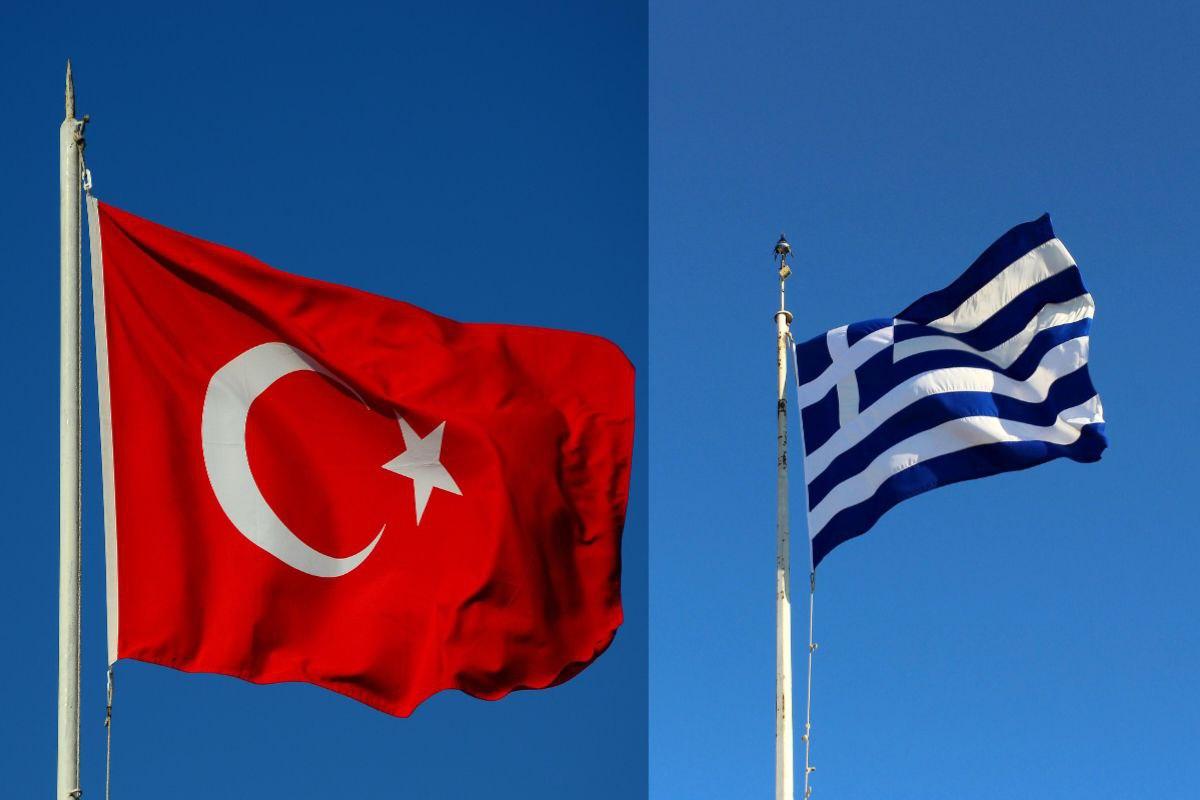
At a time when the world is searching for new avenues of partnership and cooperation, Turkey appears to be fueling old disputes. Turkish President Recep Tayyip Erdogan has once again targeted Greece and Cyprus, two nations that share close strategic ties with India.
Reports suggest that Ankara has begun disrupting several key energy and digital connectivity projects involving Greece and Cyprus. These projects include the Great Sea Interconnector (GSI) and the East to Med Data Corridor (EMC)—initiatives designed to enhance regional stability and global collaboration. Instead of cooperating, Turkey is attempting to block them, undermining not just Greece and Cyprus but also the wider vision of regional integration.
Blocking Strategic Connectivity Projects
The most recent controversy centers on the East to Med Data Corridor (EMC). Last week, Ankara intervened and forcibly halted ongoing marine surveys linked to the project. According to Turkish defense sources, the Fugro Gauss, a research vessel operating under the Gibraltar flag, was stopped from conducting work in an area Turkey claims as its continental shelf.
The vessel was laying the groundwork for a high-speed fiber optic cable stretching from Israel, through Cyprus and Greece, all the way to France. This undersea cable project aimed to significantly boost digital connectivity between Europe and the Middle East. However, Turkey’s sudden intervention disrupted the mission, signaling a deliberate attempt to obstruct Greece and Cyprus from advancing such projects without Turkish approval.
Ankara has argued that Greece and Cyprus are proceeding without its consent, a claim widely seen as a way to expand its dominance in the Eastern Mediterranean. By blocking these projects, Erdogan aims to assert Turkey’s role as a regional powerbroker.
Strategic Alliances Under Threat
These projects are not just infrastructure initiatives—they represent a strategic web of partnerships. Through the GSI and EMC projects, Greece and Cyprus were building closer ties with Israel, France, and Saudi Arabia. This deepening network of cooperation is viewed with suspicion in Ankara, which sees it as undermining its regional influence.
The key question remains: why should Turkey hold veto power over regional development projects that extend beyond its jurisdiction? Critics argue that Erdogan envisions himself as a modern-day Caliph, determined to establish Turkish dominance in the Eastern Mediterranean—even if it means disregarding international norms.
Implications for India
From India’s perspective, Greece and Cyprus are important partners in both strategic and geopolitical expansion. Any attempt by Turkey to weaken or pressure these nations directly impacts New Delhi’s broader interests.
Moreover, Turkey’s behavior raises alarm in India given Ankara’s past record of supporting Pakistan. During Operation Sindoor, Turkey openly backed Islamabad and even supplied drones. This history reinforces concerns that Erdogan’s moves in the Mediterranean are not isolated but part of a broader geopolitical posture aligned against India’s interests.
What Next for Greece and Cyprus?
For now, Greece and Cyprus face the pressing challenge of responding to Turkey’s provocations. Should they escalate diplomatically, seek EU and NATO support, or proceed with their projects despite Turkish opposition? The answer will shape not just the future of the Eastern Mediterranean but also broader patterns of global connectivity.
One thing is clear: Turkey’s decision to obstruct these projects represents more than a regional squabble. It is an attempt to redefine power balances in the Mediterranean at the expense of cooperation and stability.
How Greece and Cyprus choose to respond will determine whether Erdogan’s gamble succeeds—or whether a united front of allies, including India, Israel, France, and Saudi Arabia, ensures these strategic projects move forward.
Disclaimer:
This article is based on publicly available reports and geopolitical developments. The views expressed are for informational and analytical purposes only. Bharat Tak does not take responsibility for the accuracy of third-party claims or projections mentioned in the report.




